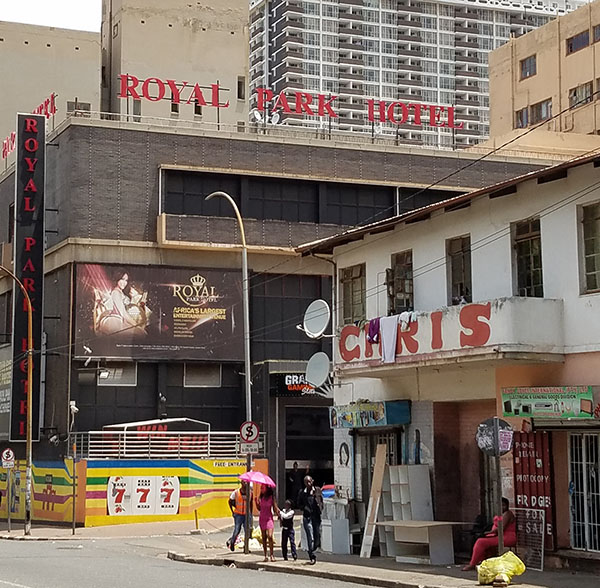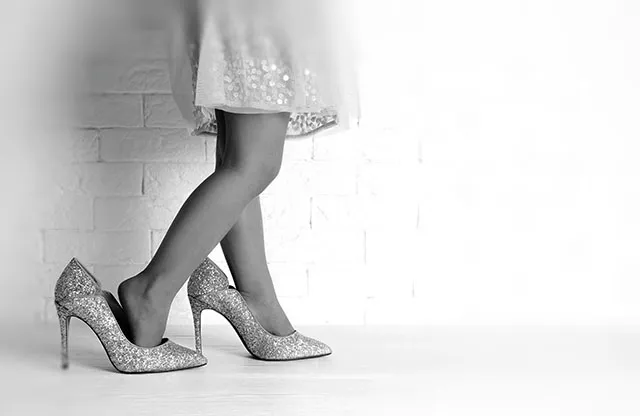South Africa
South Africa
South Africa is the southernmost country of the African continent and shares borders with Namibia, Botswana, Zimbabwe, Eswatini and Lesotho. Lesotho is entirely enclosed by South African territory. South Africa has a population of about 64 million people and ranks 109 out of 191 countries in the UN Human Development Index report from 2021.
South Africa endured strict racial segregation during apartheid (1948–1994), when the white minority forced all non-white inhabitants to live separately. Some drastic changes, including transitioning to a democratic government and Nelson Mandela’s election in 1994, moved the country into pursuing greater equity among its inhabitants. Then Anglican Archbishop of Cape Town, Desmond Tutu, coined the term "Rainbow Nation" to encapsulate the unity of multiculturalism and the coming together of people of many different races in a country once identified with the strict division of white and black.
Today, South Africa is ethnically and culturally diverse and has 12 official languages. About 86% of the population is Christian.
Our Footprint Here
The statistics in South Africa due to the COVID-19 lockdown were sobering. The shutdown of the economy caused an almost immediate loss of 3 million jobs in the country, and 47% of households ran out of money to buy food in April of 2020. With livelihoods in South Africa at an all-time low, many vulnerable people were at high risk of being deceived by traffickers. In response to this need, the team in South Africa pivoted to launch the Freedom Project, targeting online predators and educating vulnerable communities.
Today, what started as a response to COVID-19 has become a powerful strategy to stop traffickers on other platforms. By this method the teams have intercepted over a thousand individuals to keep them safe from potential trafficking situations. They are working to develop a model for online monitoring that can be used in other countries as well.
2016
Love Justice South Africa is established and starts one transit monitoring station in April. In August, LJI South Africa launches its first investigations team.
2018
Our South Africa team grows as we strategically hire our vice president of Africa anti-trafficking, start two more transit monitoring stations in country, and prepare to expand throughout Africa.
2020
Our teams on the ground pivot to respond to the COVID-19 pandemic by finding and feeding more than 8,430 individuals in South Africa on the brink of starvation. Additionally our teams launch The Freedom App to empower people to better flag illegitimate or unsafe job opportunities to prevent trafficking situations.
2023
For various strategic reasons, Love Justice begins to relocate its international headquarters from South Asia to South Africa.

Since its inception in 2016, LJI South Africa has intercepted more than 1,352 individuals to prevent them from being trafficked.
South Africa Team Fights Human Trafficking
From fundraising events to video storytelling, our supporters in South Africa use innovative techniques to fight modern-day slavery.
Give to Grow Our Work
You can help stop traffickers in their tracks and protect innocent men, women, and children.
Stories from LJI South Africa

The Freedom Project
In South Africa, the Love Justice team fights human trafficking with a different strategy than other teams use—catching traffickers online, educating vulnerable communities, and assisting with job verification. They call it the “Freedom Project.”
.webp)
Children Receive Provisions During COVID-19 Lockdown
Our team in South Africa managed to collect two carloads full of second-hand baby clothes, blankets, and mattresses that will hopefully make the upcoming winter months more bearable for these beautiful young lives. Our team was overwhelmed with the support for this initiative, and they collected far more than the need required.

The Girl in the Stiletto Heels
The determination of our South Africa Executive Chairperson to fight this injustice eventually led to the establishment of Love Justice South Africa, and thanks to her initial efforts, our anti-trafficking work in Africa has now expanded into Malawi, Benin, Zimbabwe, Uganda, and Kenya.
Human Trafficking in South Africa
- There are an estimated 158,000 people in slavery in South Africa, according to the Global Slavery Index 2023 report. Despite this number being higher than the 2018 estimate of 155,000, the GSI reports that the South African government has taken significant action to prevent slavery over the past four years.
- The GSI also listed South Africa as a G20 country, meaning that it is one of 20 countries that are the largest importers and exporters in the world, together accounting for 75% of the world’s trade. Products like electronics, clothing, palm oil, solar panels, and textiles are all commonly imported into South Africa and at risk of being produced through slavery.
- The U.S. TIP Report from 2023 gives more details around this issue. Traffickers recruit people from rural areas and neighboring countries, targeting poor, marginalized, migrant, drug-addicted, and otherwise disadvantaged communities—and bring them to city centers like Johannesburg, Cape Town, Durban, and Bloemfontein to be exploited.
- There have been some issues with corrupt police and immigration officials knowingly allowing exploitation to continue.
- Those trafficked may be exploited in domestic, mining, food service, construction, criminal activities, agriculture, or fishing industries.
- A common method for recruiting has been fake job ads posted on social media.
- The pandemic exacerbated the issue by increasing vulnerability—750,000 children were not enrolled in school, and high death rates from COVID-19 left many orphans in its wake. There are other undocumented children who cannot access education or other benefits without citizenship.
- Other cases recorded include Nigerian trafficking rings forcing women into prostitution, Pakistani and Bangladeshi business owners forcing labor through debt-based coercion, and exploitation in the Cuban labor export program (80% of participants reported exploitation).
Where We Work
Our core work is currently based in Nepal, India, Bangladesh, South Africa, Malawi, Kenya, Uganda, Sierra Leone, Rwanda, Namibia, Mozambique, Lesotho, Liberia, Zambia, Burkina Faso, Indonesia, and Ethiopia.
- Where we're on the ground
-1.png)



